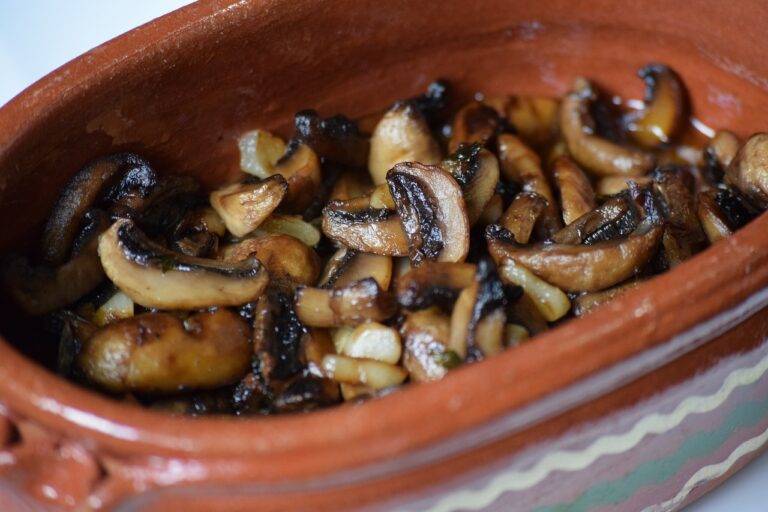Exploring Sustainable Agriculture Practices: From Farm to Fork
Sustainable agriculture emphasizes environmentally friendly practices that promote long-term soil health, preserve natural resources, and prioritize animal welfare. By integrating methods like crop rotation, companion planting, and organic fertilizers, sustainable farming seeks to create a balanced ecosystem that supports healthy food production. This approach aims to minimize the use of chemical inputs and reduce the environmental impact of agriculture, while promoting biodiversity and resilience in food systems.
In addition to environmental benefits, sustainable agriculture also focuses on social and economic aspects, aiming to improve the livelihoods of farmers and ensure food security for future generations. By fostering local food systems, supporting small-scale producers, and promoting fair trade practices, sustainable farming contributes to community development and economic stability. Through sustainable agriculture, we can work towards a more secure and sustainable food future that benefits both people and the planet.
Benefits of Sustainable Farming
Sustainable farming offers a myriad of benefits that extend beyond the farm itself. By prioritizing environmentally-friendly practices, sustainable farming helps mitigate climate change by reducing greenhouse gas emissions. Furthermore, sustainable farming promotes soil health through practices such as crop rotation and cover cropping, ensuring the fertility and sustainability of the land for future generations.
In addition to environmental benefits, sustainable farming also contributes to the health and well-being of consumers. By avoiding the use of harmful pesticides and chemicals, sustainable farmers produce healthier, more nutritious crops that are free from harmful residues. This not only supports the health of those consuming the food, but also promotes a more sustainable food system that prioritizes the well-being of both people and the planet.
• Sustainable farming helps mitigate climate change by reducing greenhouse gas emissions
• Promotes soil health through practices like crop rotation and cover cropping
• Ensures fertility and sustainability of land for future generations
• Produces healthier, more nutritious crops free from harmful residues
• Supports the health and well-being of consumers
• Contributes to a more sustainable food system prioritizing people and the planet
Challenges Faced in Sustainable Agriculture
Sustainable agriculture faces various challenges that hinder its widespread adoption and implementation. One of the primary obstacles is the initial investment required to transition from conventional farming practices to sustainable methods. Farmers often struggle with the high costs associated with acquiring new equipment, implementing eco-friendly techniques, and incorporating advanced technologies.
Another significant challenge is the lack of widespread awareness and education about sustainable agriculture practices. Many farmers may not have access to proper training or information on how to effectively incorporate sustainable methods into their operations. Additionally, changing weather patterns and natural disasters pose additional challenges, as they can affect crop yields and disrupt the delicate balance of sustainable farming systems.
What is sustainable agriculture?
Sustainable agriculture is a farming practice that focuses on producing food in a way that protects the environment, public health, and communities, while also ensuring economic profitability for farmers.
What are some benefits of sustainable farming?
Some benefits of sustainable farming include improved soil health, reduced pollution and environmental degradation, increased biodiversity, and resilience to climate change.
What are some challenges faced in sustainable agriculture?
Some challenges faced in sustainable agriculture include the high initial costs of transitioning to sustainable practices, limited access to markets for sustainable products, and the need for education and training on sustainable farming techniques.
How can farmers overcome the challenges in sustainable agriculture?
Farmers can overcome the challenges in sustainable agriculture by seeking out financial assistance for transitioning to sustainable practices, collaborating with other farmers to access new markets, and investing in ongoing education and training in sustainable farming techniques.







